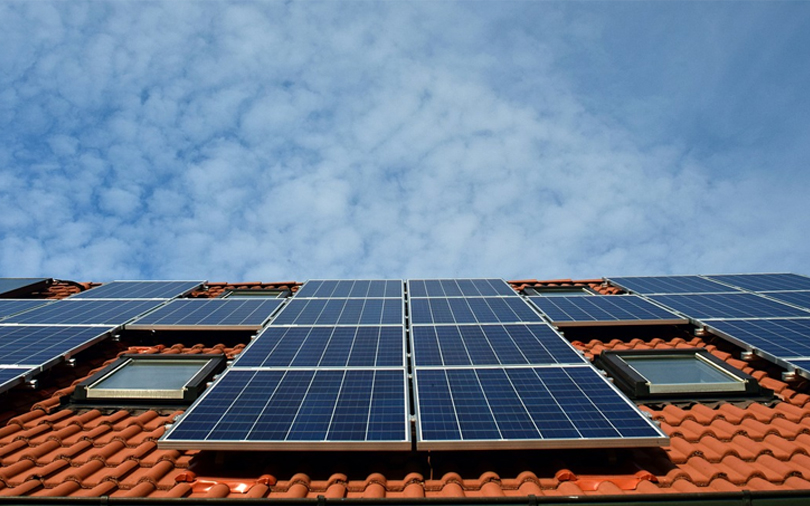
Chinese university builds blockchain for homes to trade surplus renewable power


Researchers from China’s Fudan University have developed a blockchain for households to buy and sell excess renewable power that they produce, reported CoinDesk, a news portal for digital currencies.
The effort, most understandably, comes as a response to China’s growing supply of renewable energy, especially solar power generated in excess from households in some regions.
The researchers, earlier this year, filed a patent application for the blockchain. The exchange, powered by the blockchain, lets buyers and sellers trade unused electricity securely without a third-party intermediary, just like crypto assets.

Using a mechanism similar to decentralised crypto exchange, sellers and buyers on the blockchain can broadcast requests for unused power, which are matched through smart contracts based on factors such as price and volume.
The patent application also pointed out that a digital currency would be set up to facilitate transactions between buyers and sellers over the decentralised network.
"This idea can be realised in either a public, private or consortium blockchain. And in this case, the system has been developed on IBM's Hyperledger platform as well as the ethereum blockchain, to make electricity tradeable and shareable within a community," said the patent application.

Blockchain as a technology is being lapped up in India as well.
In June, the government’s policy think-tank Niti Aayog was reportedly set to launch a blockchain project that would function like the Unified Payments Interface platform.
Also, Niti Aayog has been separately working on building the country’s largest blockchain network called IndiaChain with a view to reduce fraud and increase transparency in the system.
But blockchain, thought of as secure, may not be that reliable.

